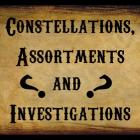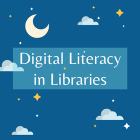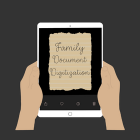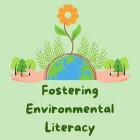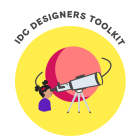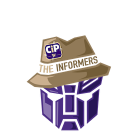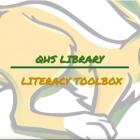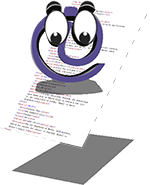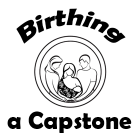
Birthing a Capstone: A Prenatal and Postpartum Health Toolkit for Public Librarians
Pregnant people are overwhelmed by the vast plethora of information about birth and postpartum while simultaneously feeling lost and without agency. Using NNLM, PubMed, and MedlinePlus, we conducted research on their information-seeking behavior and created a library toolkit for public librarians to create materials for their patrons about maternal health. Our resulting toolkit includes handouts, social media tools, inclusive vocabulary, and bookmarks that are ready-to-go or customizable. Our project makes a difference because the published toolkit on NNLM’s website will increase health literacy and empower library patrons in local communities to be an informed participant in their health decisions.

